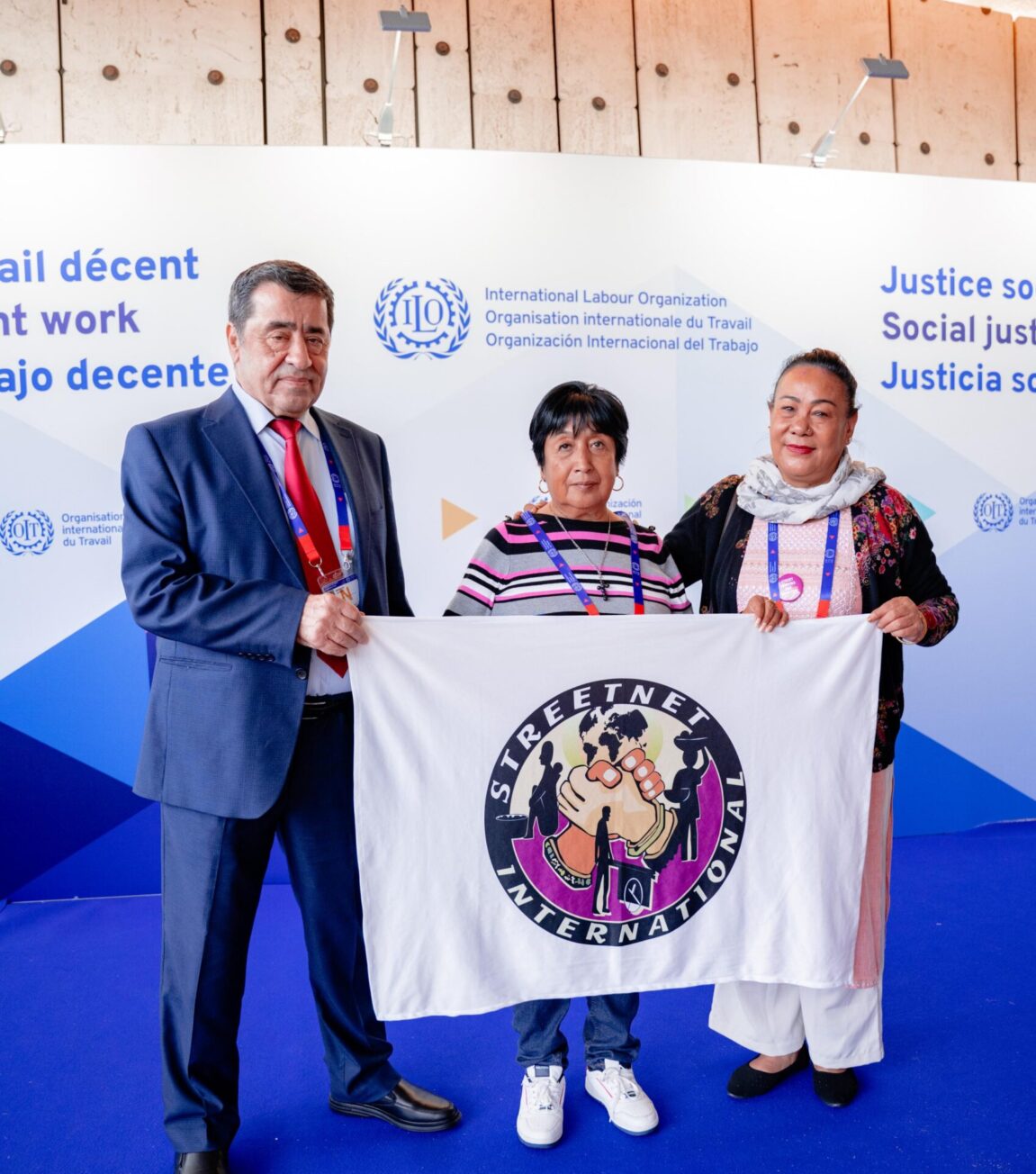Jonathan Crush – New Age
Food security is primarily about affordability rather than production, which is why levels of hunger and malnutrition in South Africa`s cities are alarmingly high despite the abundance of supermarkets and other food outlets.
The African Food Security Urban Network found in its studies – of food security levels in 11 cities in Southern Africa – that the absence of a reliable income source constitutes the major obstacle to food access by the urban poor.As in the rest of the developing world, agribusiness companies are changing the face of urban food supply in Africa. Facilitating this trend has been the widespread withdrawal of the state from food marketing and subsidisation.
If the evidence from other parts of the world is any guide, it is these agribusiness food chains, not small farmers that are key to urban food security. The best that small farmers can hope for is some form of integration in these chains, although it is always more likely to be on terms more advantageous to the company than the farmer.
These businesses claim to be helping communities in Africa achieve food security and many do help to meet basic needs in times of famine, as well as donate food to schools and support community farming projects and other initiatives. But however effective their corporate social responsibility strategies are, they should not divert attention from the fact that the prime objective of agribusiness is profit-making, not reducing the food insecurity of the urban poor.
A common criticism of the growing power and reach of supermarkets globally is that they have significant negative impacts on food availability for the poor by eradicating smaller stores and local markets aimed at the poor consumer.Defenders of agribusiness and supermarkets argue that the greater purchasing power of supermarkets and economies of scale benefit the urban poor because of cheaper prices and benefit the rural poor through smallholder farmers who have a new and ready market.But although supermarkets are more visible and offer cheaper food, the urban poor do not necessarily shop there. They cannot afford to take advantage of buying-in-bulk discounts, do not have refrigeration, which would enable them to shop less frequently and often supermarkets are a great distance from where they live. This means that informal markets, street traders, food vendors and spazas are important food sources throughout Southern Africa. Yet a continuous, mostly low-level, harassment of informal traders seems pervasive across African cities.
The 11-city study found that poor urban households buy their food from a wide variety of sources. The most striking general finding was that 79% of poor households in all cities surveyed buy some food at supermarkets.This illustrates the extent to which supermarkets have penetrated even the poorer urban communities of the region. Supermarkets were important to more households than the other two major sources of food: the informal sector (used by 70% of households) and small outlets such as corner stores, cafes, restaurants and fast-food outlets (used by 68%). The informal sector is patronised more frequently than supermarkets, however.Nearly a third of the households buy food every day from informal markets and street vendors, followed by small outlets (22% of households every day) while only 5% frequent supermarkets that often. With large amounts of money being thrown at food security research by international organisations and national governments, it is worth asking how much is being devoted to understanding one of the central drivers of change (agrifood supply chains) and what role they play and could play in the alleviation of urban food insecurity?
At present, most of the discussion on private sector involvement seems to focus on the sector as a provider of inputs to small farmers. This is a myopic view that diverts attention away from what is happening on the ground.
In southern African a policy-oriented research agenda on agribusiness and urban food security would need to consider issues including the opportunities for urban food producers to derive income through integration into formal food supply chains, the determinants of pricing of fresh and processed food products in modern value chains, since the cost of purchased food is a critical determinant of food accessibility for the urban poor, and the impact of supermarkets on nutrition, urban diets and food preferences.Also, although informality is indeed the "main game in town", there is a strong sense that governments do not want to play.
The contribution that street traders make to the economies of cities and the food security needs of the poor need to be better understood by policy-makers and street trading needs to be seen more as an economic development concern than an urban management issue.
Crush is the CIGI chair in global migration and development at Balsillie School of International Affairs and honorary professor at University of Cape Town
Article sourced form the New Age Online Newspaper


